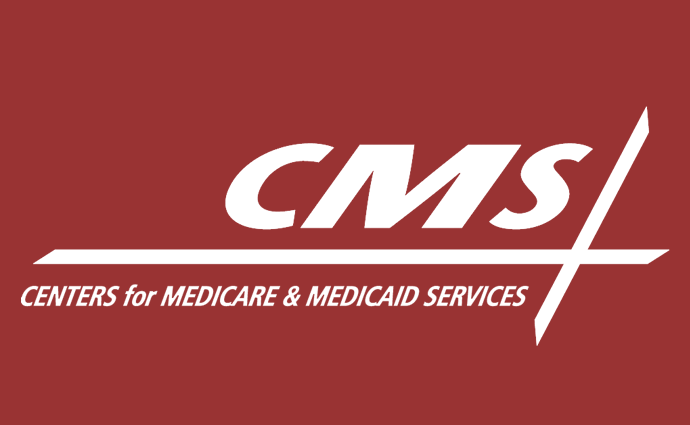CMS: Automatic Exception for MIPS Eligible Clinicians in 2020
CMS will automatically apply the extreme and uncontrollable circumstances policies to all MIPS eligible clinicians for the 2020 performance period because of COVID-19.

Source: Xtelligent Healthcare Media/Centers for Medicare & Medicaid Services
- Individual clinicians who must participate in Medicare’s Merit-Based Incentive Payment System (MIPS) for the 2020 performance period will automatically have the extreme and uncontrollable circumstances policy applied to them because of COVID-19, CMS recently shared in an announcement.
CMS will identify individual MIPS eligible clinicians and they will receive a neutral payment adjustment in 2022, according to the announcement sent via email on Feb. 25, 2021.
The automatic exception policy, however, will not apply automatically to MIPS eligible clinicians who submit 2020 performance data as an individual in two or more performance categories or whose practice reports as a group.
Group participation in MIPS is optional and individual MIPS eligible clinicians within a practice will qualify for the automatic exception policy if the practice is unable to submit 2020 performance period data as a group, CMS clarified.
In this case, CMS will reweigh all four performance categories to zero percent, resulting in a neutral payment adjustment in 2020 unless, again, clinicians submit 2020 performance data as an individual in two or more performance categories or whose practice reports as a group by submitting data for one or more performance category.
CMS is also reopening the MIPS extreme and uncontrollable circumstances application for individual MIPS eligible clinicians, group, virtual groups, and Advanced Alternative Payment Models (APMs) entities through March 31, 2021 at 8:00 PM ET.
The agency is applying the exception policy more broadly in light of the ongoing COVID-19 pandemic, which continues to impact clinician performance.
Despite an overall, general improvement in most COVID-19 metrics, physician practices have reported declines in patient visits as well as slowing of hospital diagnostic services and procedural volumes over the last couple of months, healthcare consulting firm Kaufman Hall recently reported.
The decline in volumes has put a significant strain on practices, with most performance measures falling well below 2019 levels by the start of 2021.
In particular, new patient visits—which are crucial to growing the practice—fell year-over-year and are likely to stay below expectations in the new year as communities adjust to changing COVID-19 numbers and slow vaccine rollouts, the firm stated.
This disruption to business caused by the ongoing pandemic has also had an impact on clinician performance in value-based reimbursement models like MIPS.
MIPS is a value-based reimbursement track under the Quality Payment Program that adjusts an eligible clinician’s Medicare payments based on performance across quality and cost metrics. The track specifically monitors clinician performance across four categories: Quality, Promoting Interoperability, Improvement Activities, and Cost.
CMS has been rolling out MIPS since 2017, adjusting the track to promote clinician participation. However, the emergence of COVID-19 last year has prompted the agency to enact more extreme adjustments to ensure clinicians are not penalized for performance during the unique 2020 performance period.
For example, the agency has implemented several flexibilities to provide relief to clinicians, including adding a COVID-19 clinical data reporting measure, creating a doubled complex patient bonus, and expanding the use of telehealth codes.
Eligible clinicians have also been able to apply for the extreme and uncontrollable circumstances policy to ensure they are not penalized for failing to submit or submitting incomplete data to CMS because of COVID-19.
If eligible clinicians have submitted data for the 2020 performance period though, CMS will reweigh all performance categories to zero percent and apply a neutral adjustment for those who submitted data for a single performance category under the new automatic exception policy.
Eligible clinicians who submitted data for two or three performance categories will receive a MIPS final score, as well as a payment adjustment in 2022, based on the data submitted and clinicians cannot submit an application to override the submitted data, CMS stated.
Groups and virtual groups that have submitted data to more than one performance category will also face a payment adjustment and cannot override their submitted data. However, those who have only submitted data for one performance category can apply to CMS to have the performance categories reweighted.
CMS noted that this includes small practices that were automatically scored as a group on Medicare Part B claims measures throughout the 2020 performance period.
